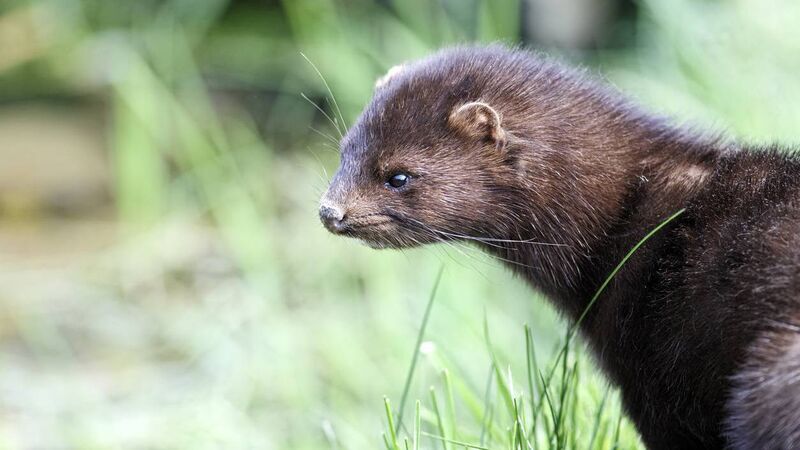Seanad discussions continue on compensation for sector after Irish mink farming ban

Around 35 people in Donegal, Kerry and Laois are employed in the Irish mink farming industry.
Legislation to prohibit fur farming in Ireland has proved challenging.
Started in early November, the law-making process is still being considered by Senators, who last week resisted pressure from Agriculture Minister Charlie McConalogue who said the mink farm breeding season is due to start and the onus was on him to engage with the country’s three farmers, to bring fur farming to a conclusion.











